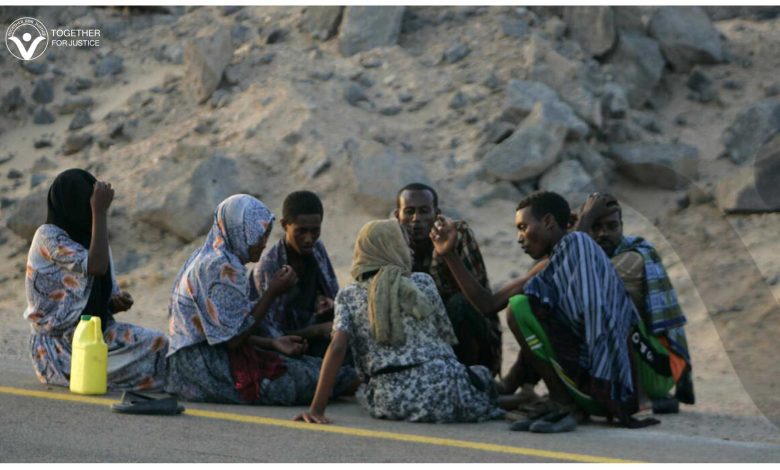Saudi Arabia’s renewable energy projects built on forced labour and systemic exploitation

The Saudi regime continues to market itself globally as a pioneer of renewable energy and a future leader in the green economy, but behind the grandiose propaganda lies a reality of forced labour, exploitation, and systemic abuse of vulnerable migrant workers. A new report has revealed the devastating conditions under which South Asian workers are compelled to build the very solar farms and hydrogen projects that the regime boasts of on international stages. Far from being a model of progress, these projects expose the same brutal patterns of repression and exploitation that characterise the regime’s wider treatment of foreign workers.
Testimonies from dozens of Nepali and Bangladeshi workers demonstrate a horrific picture: average salaries of only $370 a month, in some cases as low as $250, while being forced to pay recruitment fees of up to $1,600 before even arriving in the kingdom. Many described working seven days a week, without rest, in extreme desert conditions where temperatures regularly exceed 50 degrees Celsius. Instead of protection or relief, workers face wage theft and punishments for taking short breaks. Reports of fainting, nosebleeds, and even death from suspected heart attacks were documented at sites such as the NEOM Green Hydrogen Project. The language of one worker is telling: “Saudi Arabia feels like a jail. We’re like prisoners.” Such testimonies highlight not isolated incidents but a systematic model of exploitation designed to silence and dehumanise those whose labour underpins the regime’s so-called “green transition.”
The reality is that Saudi Arabia’s renewable energy projects are not symbols of environmental leadership, but rather extensions of the same oppressive kafala system that the regime has refused to dismantle. Trade unions remain banned, no minimum wage protects migrants, and project-based subcontracting leaves workers completely vulnerable. Protests are criminalised, and when workers dared to resist at projects such as the Sudair Solar PV plant, they were met with dismissal and deportation, further proof of the regime’s ruthless determination to crush any voice that challenges its narrative. Even the few reforms announced in 2021 to supposedly loosen employer control have proven meaningless in practice, as exploitation continues unchecked.
These findings expose the grotesque hypocrisy of a regime that uses its renewable projects to polish its image while bidding to host global spectacles like the 2034 FIFA World Cup. The Saudi authorities showcase futuristic projects such as NEOM as the jewel of their Vision 2030 agenda, yet deliberately erase the existence of the migrant workers who are the real builders of this vision. Their suffering is concealed to protect the regime’s international partnerships and economic interests. But the truth is clear: the so-called “green future” promoted by Mohammed bin Salman is built on blood, sweat, and exploitation of the poorest workers from the Global South, reduced to modern-day slaves in the desert.
This is not simply a labour issue but a human rights crisis, one that highlights the incompatibility of the Saudi regime’s repression with any claim to global leadership. The exploitation of migrant workers for renewable energy projects mirrors the regime’s broader patterns of silencing dissent, criminalising protest, and sacrificing human lives for the sake of image-washing. Unless the international community confronts this reality and holds the Saudi regime accountable, the so-called clean energy transition in the kingdom will remain irredeemably tainted by forced labour, abuse, and repression. The Saudi system has no interest in reform—it is built on exploitation, and its green projects are nothing more than prisons in the desert.
This report makes it clear that Saudi Arabia’s green agenda is being built on the systematic abuse of migrant workers, stripped of their most basic rights. Together for Justice calls for an immediate end to these violations, the total abolition of the kafala system, the establishment of a fair minimum wage, the recognition of independent trade unions, and international investigations into deaths and documented abuses at renewable energy projects. The silence of the international community in the face of such crimes only fuels further exploitation. Urgent global action is needed to hold the Saudi regime accountable and to protect the dignity and rights of migrant workers.




